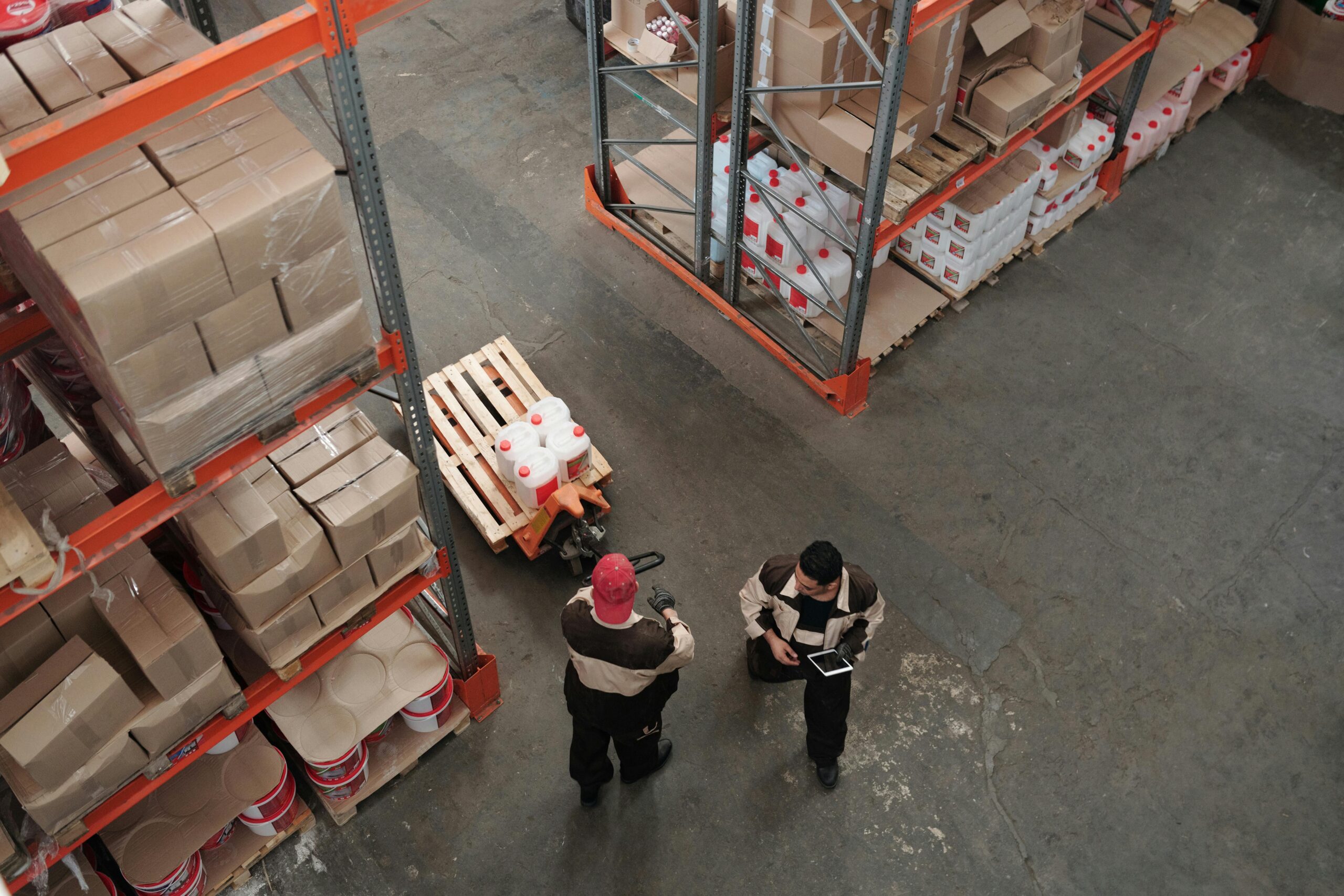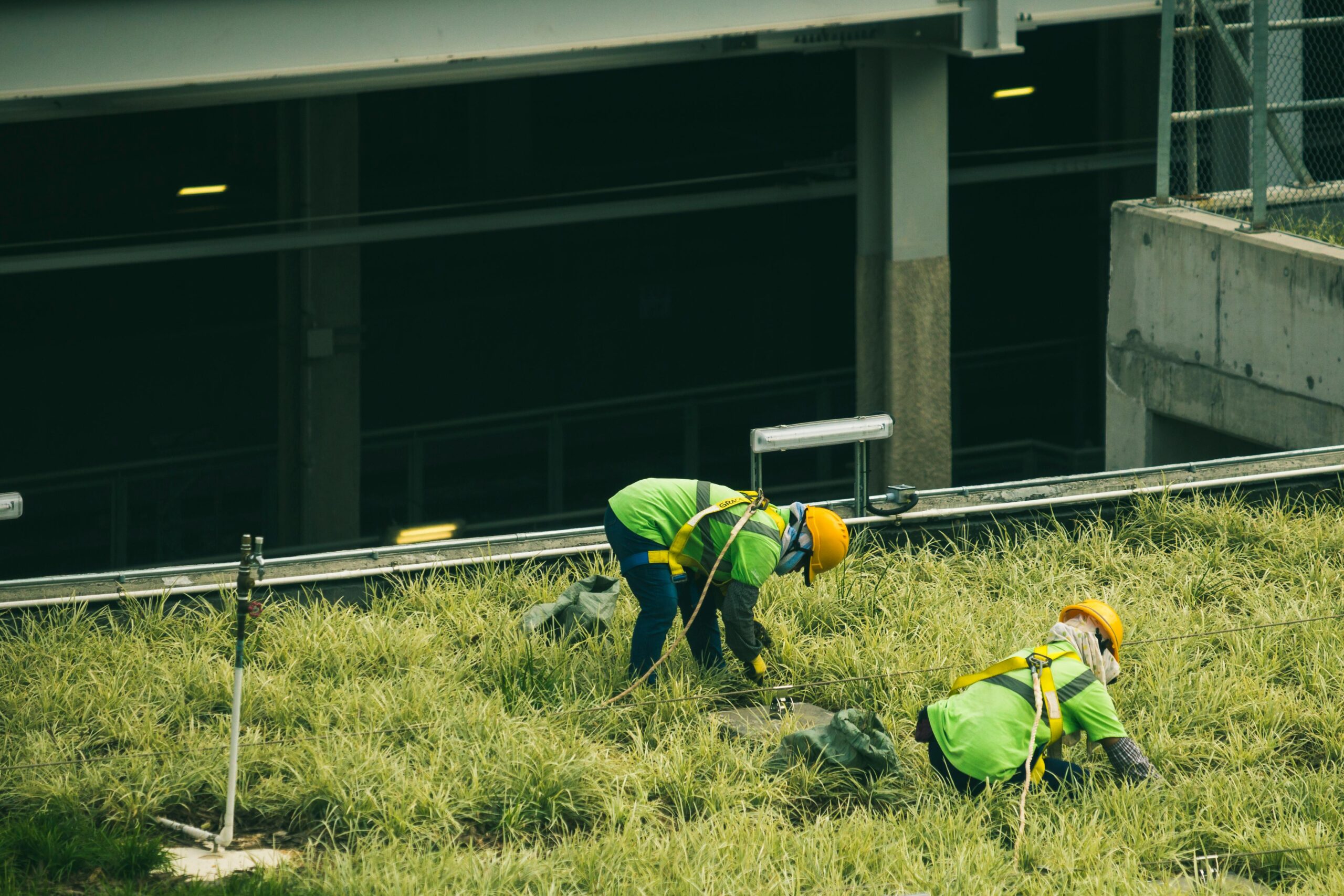The UK has a thriving logistics and warehousing industry that plays a crucial role in the nation’s economy. According to recent studies, there are over 150,000 warehouse jobs openings in the UK each year. This high demand presents opportunities for skilled foreign workers seeking a Tier 2 work visa.
[ez-toc]Tier 2 Visa Basics
Before delving into specific job roles, it’s helpful to have a basic understanding of the Tier 2 (General) work visa process. The Tier 2 visa enables skilled workers not within the European Economic Area (EEA) to fill positions with a UK employer that cannot be filled by a resident worker. To qualify for sponsorship, the job must meet certain criteria including:
- Being at National Qualification Framework (NQF) level 6 or above (equivalent to a UK bachelor’s degree)
- Having a minimum annual salary of £25,600 or the going rate for the occupation, whichever is higher
The employer is responsible for acting as the visa sponsor. They must perform a “resident labor market test” to prove no suitable resident workers could fill the role and obtain a Sponsor license from the Home Office. If approved, the initial visa is granted for 3 years with the option to extend it up to 5 years in total. After 5 years, the worker may be eligible to apply for Indefinite Leave to Remain (settled status).
With the basics covered, let’s explore specific warehouse jobs commonly offered Tier 2 sponsorship. As you read, take note of required qualifications and experience levels for each role.
Warehouse Manager
One of the most senior positions in a warehouse environment is the warehouse manager role. As the name implies, warehouse managers are responsible for overseeing all daily operations and workflow within the facility. Some key responsibilities include:
- Ensuring inventory counts and stock levels are accurately tracked and maintained
- Overseeing the collection, storage, and shipping of goods
- Assigning worker duties and managing staff performance
- Maintaining health and safety standards
- Analyzing productivity rates and implementing improvement initiatives
- Liaising with customers and vendors regarding orders, deliveries, and issues
- Preparing budgets, forecasts, and reports on KPIs (key performance indicators)
Warehouse managers typically require a logistics, supply chain management, or business degree plus 3-5 years of related warehouse experience, ideally in a supervisory capacity. The minimum salary threshold for Tier 2 sponsorship is £30,800, but many companies pay £35,000-£45,000 depending on company size and location. With experience, salaries can increase substantially into the £50,000-£60,000 range for more senior warehouse manager roles. Progression opportunities exist to advance into regional or national management positions with larger companies.
Warehouse Supervisor
Directly below the warehouse manager in the hierarchy is the warehouse supervisor role. As you may expect, supervisors act as the “boots on the ground” managing daily warehouse operations under the manager’s direction. Common duties include:
- Leading and motivating warehouse staff on a daily basis
- Assigning tasks, monitoring work quality/volume, and addressing issues that arise
- Ensuring targets are met regarding order fulfillment and inventory accuracy
- Conducting forklift/equipment checks and safety training as required
- Overseeing facility and equipment maintenance needs
- Communicating with managers regarding productivity or workflow concerns
Most warehouse supervisor roles require a logistics/operations diploma or 2 years of university study combined with 2-3 years of warehouse experience, preferably in a team leader/assistant supervisor capacity. The minimum salary threshold for Tier 2 sponsorship is £25,600, but typical pay is £25,000-£30,000, increasing up to £35,000 for larger warehouses/companies. With experience, supervisors may pursue warehouse manager positions or progress to oversee specific operational areas/departments.
Warehouse Operative (Picker, Packer, Dispatcher)
The backbone of any warehouse operation is the day-to-day operatives who carry out key tasks such as fulfilling orders, packing products, receiving inventory, and loading/unloading goods. Some common operative roles include:
- Order Pickers – Responsible for retrieving inventory items to fulfill customer/internal orders accurately and efficiently using picking equipment like forklifts and scanners.
- Packers – Focus on accurately packing fulfilled orders into boxes/trays for shipping via various carriers according to packing regulations and guidelines.
- Receiving Assistants – Check inbound deliveries against orders, inspect goods for damage, stock on shelves/put away appropriately using powered trucks/pallet jacks.
- Loaders/Unloaders – Operate forklifts and other equipment to load outbound trucks/trailers or receive/unload inbound shipments quickly and safely.
Formal education is not always required for entry-level operative roles. However, most employers prefer candidates to hold a logistics/warehousing certificate or high school diploma combined with 6-12 months of related work experience. The minimum annual salary under Tier 2 rules is £20,480 but pay usually ranges £19,000-£24,000 depending on experience and responsibilities. Many top operators advance into team leader or supervisor positions over time.
Warehouse Team Leader
Warehousing team leaders occupy the middle ground between warehouse operatives and supervisors. They report to supervisors while leading small teams (3-8 workers) on daily tasks like picking, packing, and loading/unloading based on allocated areas/workstations. Some common responsibilities include:
- Motivating and assisting team members to work efficiently and meet targets
- Monitoring individual and team productivity levels/goals
- Checking staff are utilizing equipment properly and safely
- Conducting routine inspections and maintaining area standards
- Communicating issues/concerns to supervisors as needed
Education requirements may include a high school diploma combined with 2+ years of warehouse experience, preferably in an advanced operative capacity. The minimum salary threshold for Tier 2 sponsorship is £20,480, but typical pay is £22,000-£26,000 depending on experience level and responsibility scope. Team leaders can often transition into supervisor positions with additional experience handling bigger teams and responsibilities.
Software Developer (Warehouse Management Systems)
While not a typical “hands-on” warehouse role, software developers remain in high demand to maintain and customize warehouse management systems (WMS). These complex IT platforms are mission-critical for monitoring inventory levels, tracking orders, generating reports, and ensuring smooth workflow. Developers work closely with warehouse managers and IT departments to:
- Design new features and functionality based on business requirements
- Troubleshoot software bugs and implement fixes
- Upgrade existing systems and migrate data during transitions
- Customize platforms according to unique warehouse processes
- Provide training and technical support to end users
A computer science or similar degree is normally required, combined with 2-3 years of relevant work experience developing warehouse/logistics software. The Tier 2 minimum salary is £30,800, but top WMS developers earn £40,000-£60,000 depending on specific programming languages/frameworks used and company size. Strong technical and analytical skills are essential for developing strategic solutions to optimize warehouse operations through software.
Why Relocate to the UK for Warehouse Work?
For skilled foreign workers pursuing a career in warehousing outside their home country, the UK presents numerous advantages:
- Stable economy and high demand – Logistics remains a growing UK industry with over 150,000 unfilled jobs annually. Job security and opportunities exist.
- Career development – Hands-on work plus strong vocational/tertiary education equips overseas workers for progression into supervisory, operations management, or IT roles over time.
- Competitive pay – Even entry-level UK warehouse wages exceed minimum standards, with salaries advancing significantly in senior roles.
- Work visa accessibility – The Tier 2 General work visa allows skilled non-EEA nationals to gain lawful long-term employment and eventually settle in the UK.
- Multicultural environment – major UK cities, especially London, provide established immigrant communities and cultural amenities for workers relocating from abroad.
Overall, a warehousing career path sponsored under Tier 2 presents an attainable route for skilled individuals seeking improved opportunities, pay, and experience while legally residing in the UK long term. The next section addresses common questions potential job seekers may have.
FAQs
1. What are the education and qualification requirements to work in a UK warehouse under Tier 2 sponsorship?
While experience is valued, most entry-level warehouse jobs require a high school diploma or vocational logistics qualification at a minimum. Supervisory/management roles prefer a business-related associate’s/bachelor’s degree combined with 2+ years of hands-on experience. Software developer positions normally mandate a computer science degree plus relevant experience.
2. How much can I expect to earn in a UK warehouse role as a non-UK worker?
Starting pay for operatives averages £19,000-£22,000. Team leaders typically earn £22,000-£26,000. Supervisors make £25,000-£30,000, while warehouse managers commanding £35,000-£45,000 depending on company size. Software developers specializing in warehouse management systems can earn £40,000-£60,000 based on experience. These salaries meet and often exceed minimum pay thresholds for Tier 2 visa sponsorship.
3. What is the process for obtaining a Tier 2 visa as a sponsored warehouse employee?
The process involves four main stages:
- Obtaining a job offer from a licensed UK employer sponsor.
- The employer completes the resident labor market test to prove no suitable settled workers can fill the role.
- You and the employer jointly submit a visa sponsor license application to the Home Office with supporting documents like your job contract and qualification certificates.
- If approved, the Home Office issues an initial 3-year Tier 2 work visa. You can later extend up to 5 total years and potentially gain settlement thereafter.
4. Can I bring my family with me on a Tier 2 warehouse visa?
If granted a Tier 2 visa, you can generally include your spouse and any children under 18 on a dependent visa, allowing them to join you in the UK. However, you must meet minimum income requirements – usually £18,600 or the going pay rate for your job, whichever is higher. Your family will be entitled to access public services like health care but will not be allowed to work until granted separate permission.







